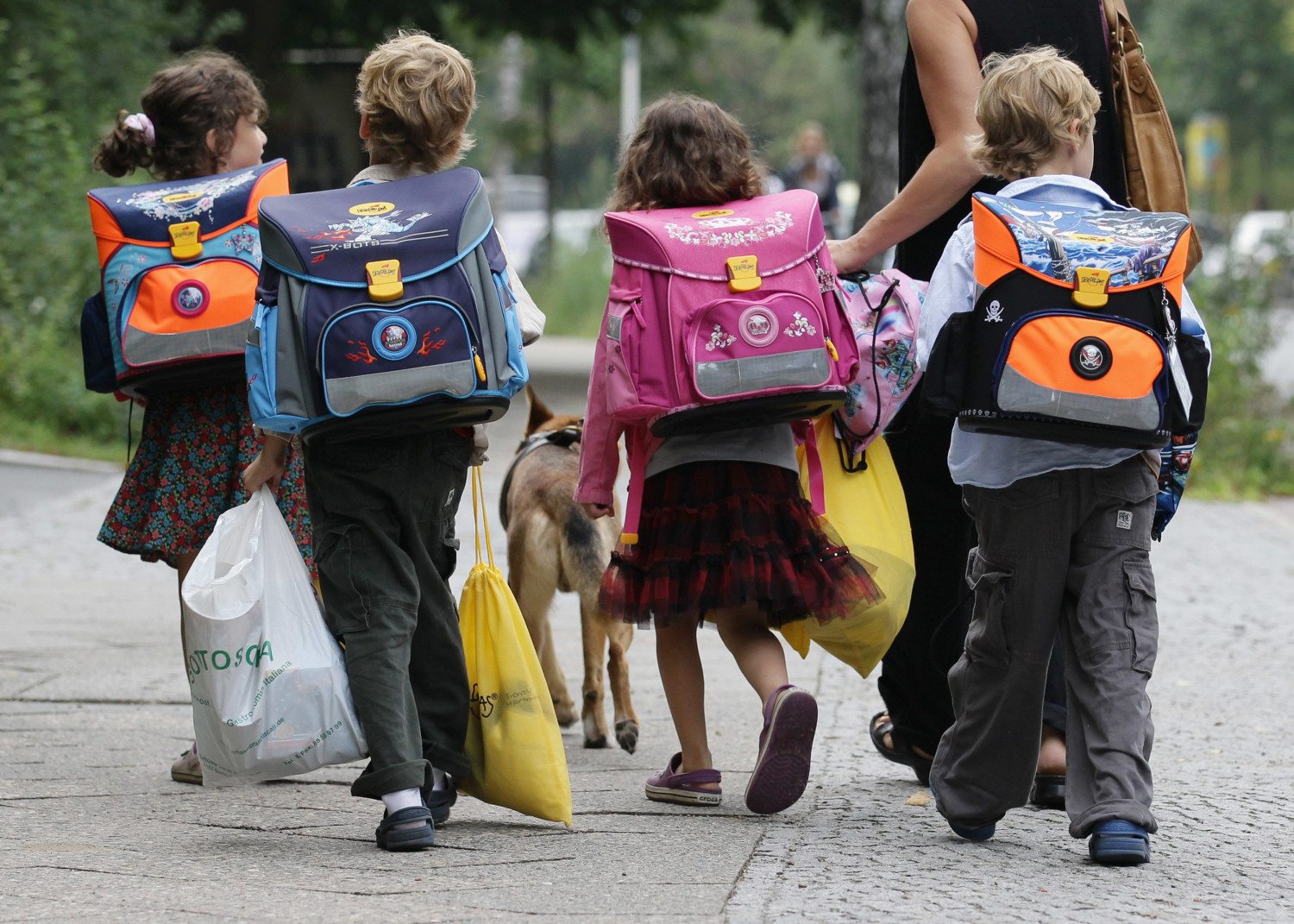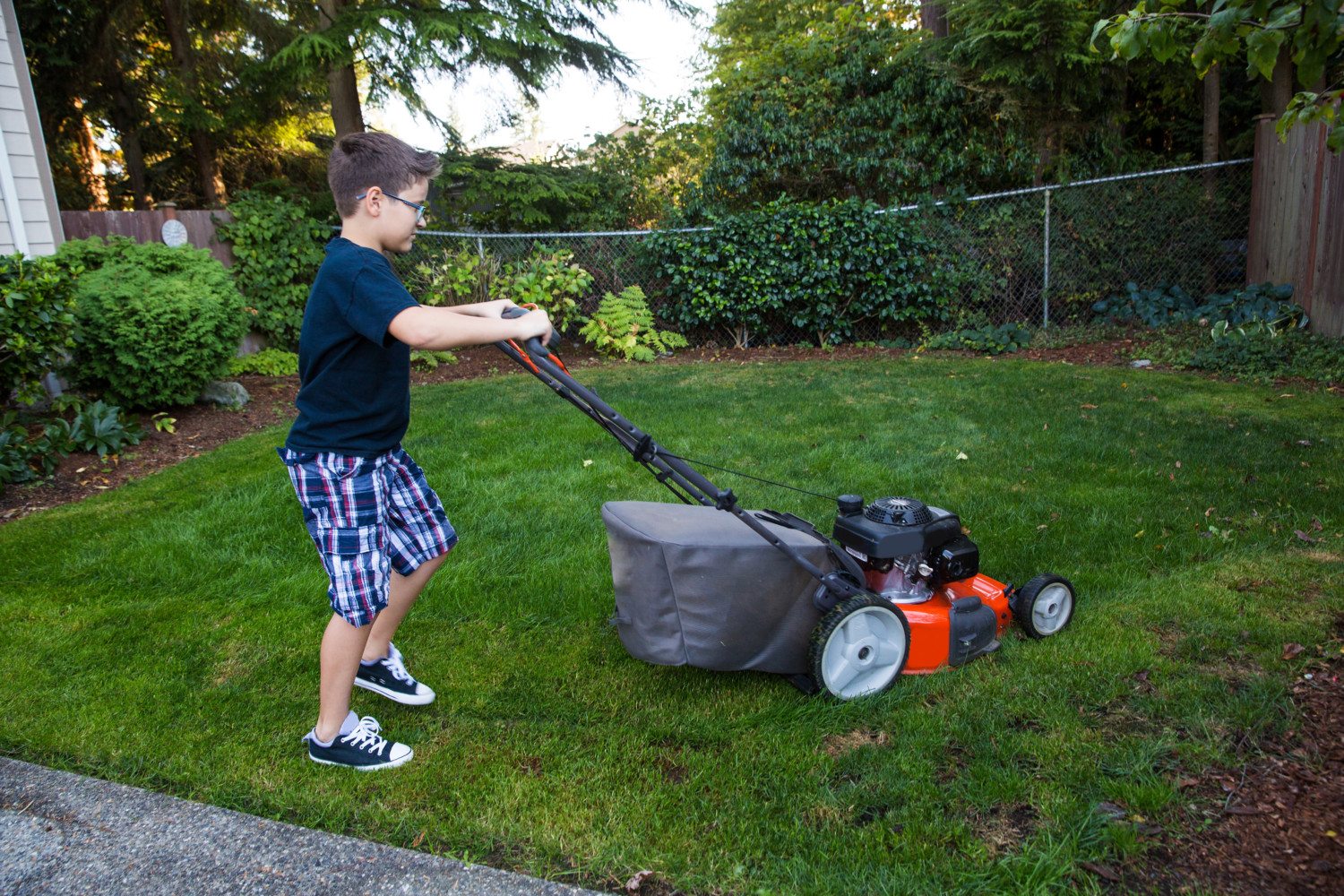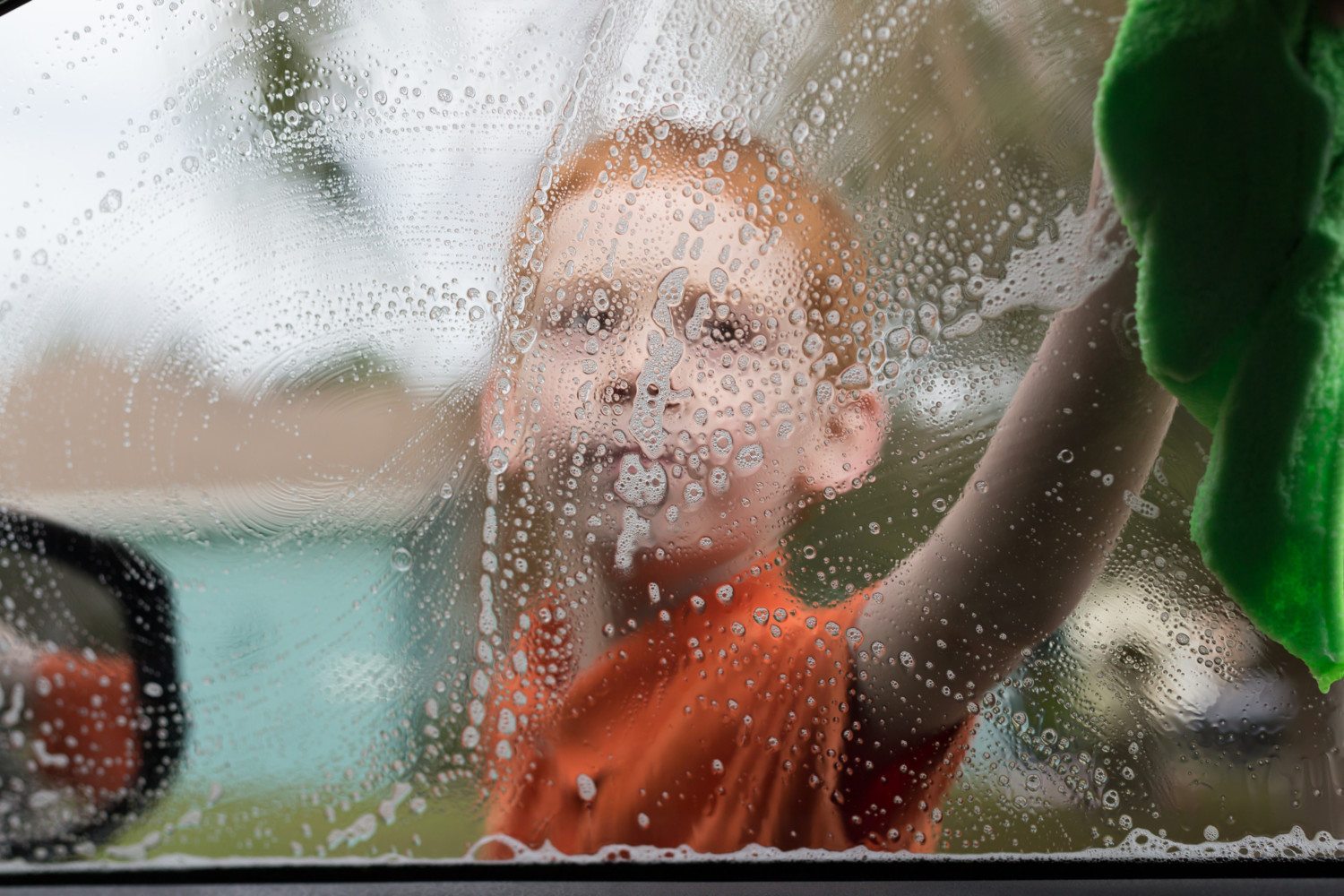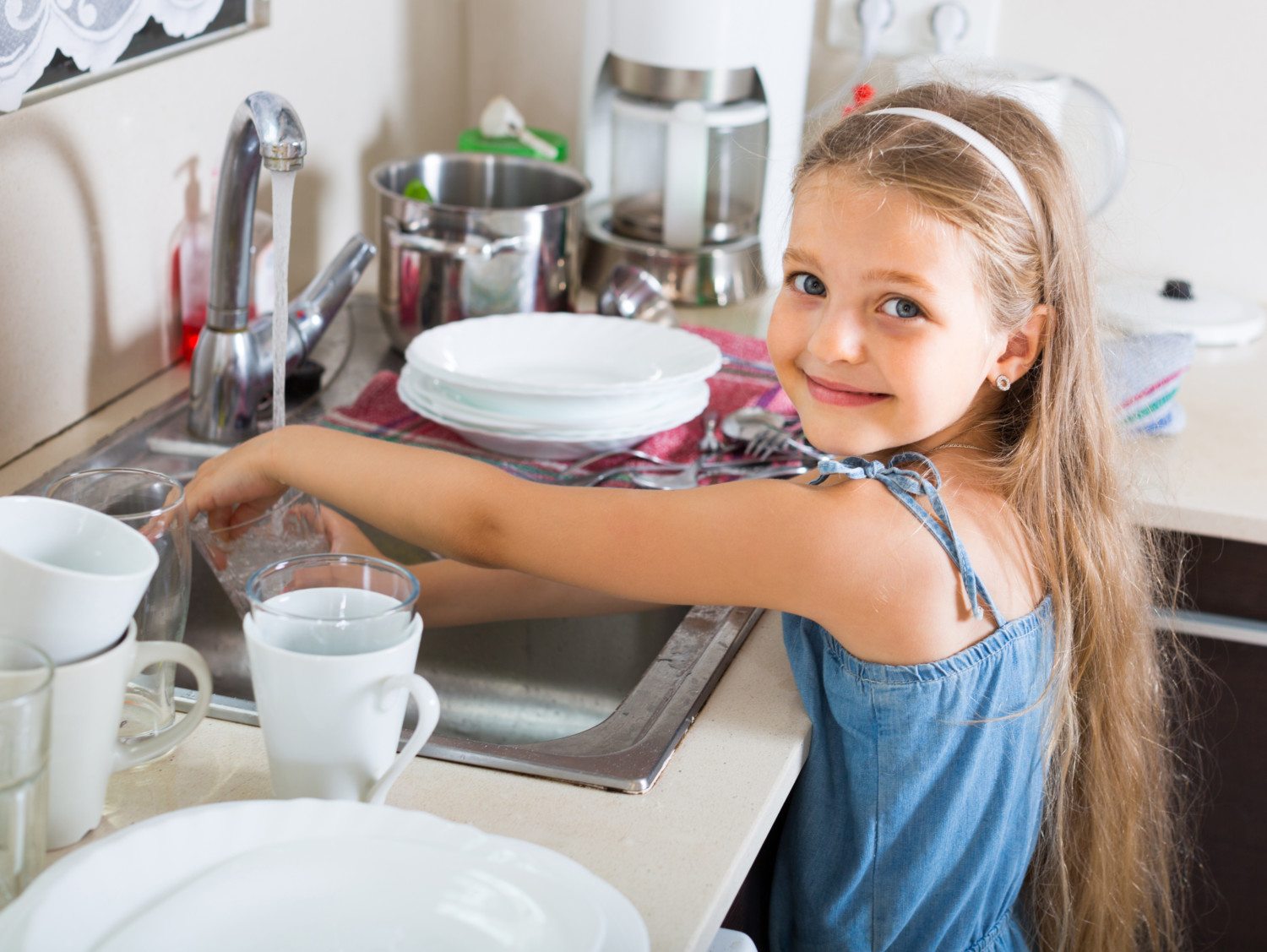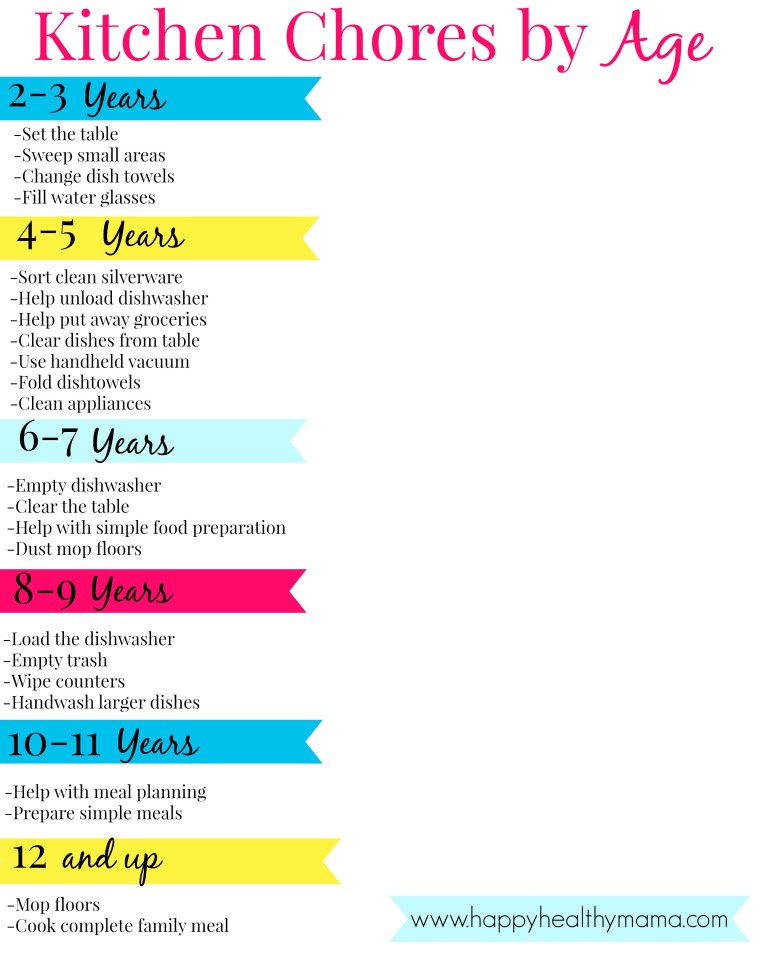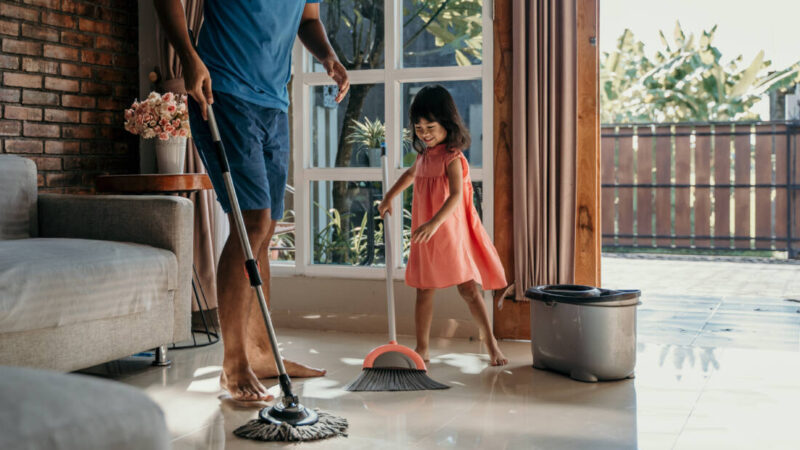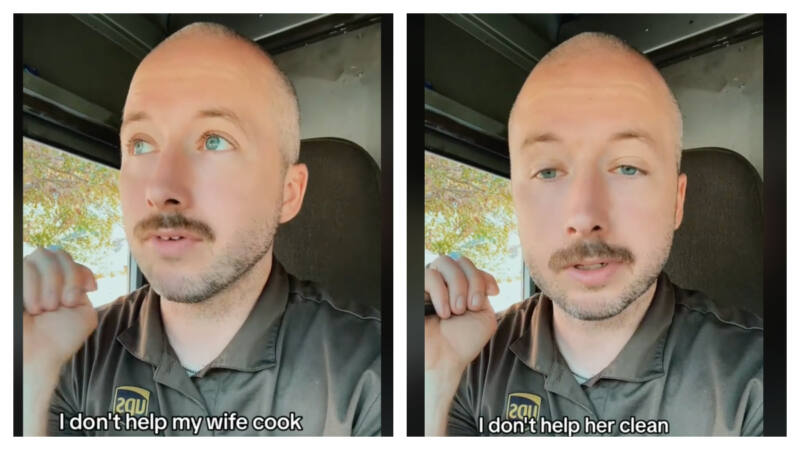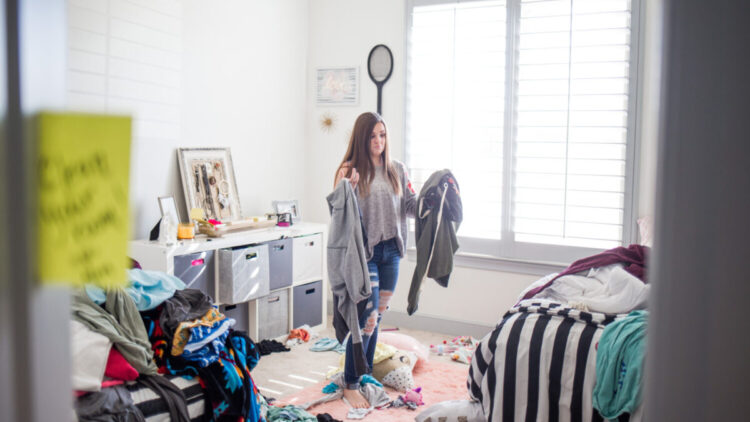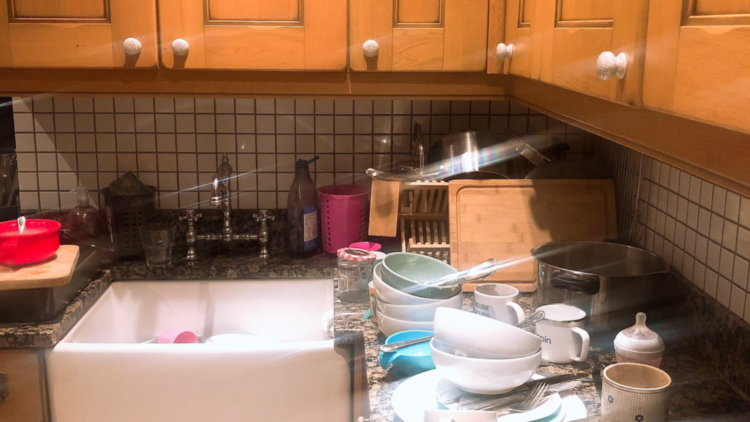Want Successful Kids? Harvard Study Says Make Them Do This At Home
Do your children attend the right schools? Are they taking the right classes at the right schools? Are they getting the right grades in the right classes at the right schools? Well maybe they don’t have to be.
Julie Lythcott-Haims, former dean of freshmen at Stanford and author of “How To Raise An Adult,” did a TED Talk called “How To Raise Successful Kids—Without Overparenting.”
In it she details a parenting strategy she calls the “checklisted childhood,” which has our children “withering under high rates of anxiety and depression and some of them are wondering will this life ever turn out to have been worth it?”
Lythcott-Haims then goes on to share the results of the longest Harvard grant study ever done, which measured professional success in life.
From the study, researchers were able to draw two significant conclusions:
1. Doing Chores At A Young Age Increases Professional Success
It seems simple enough, but the reality is doing chores helps children to see the work that needs to be done around them.
In the professional world, this translates to having a vision for what needs to be done and taking the initiative to do it.
2. Happiness In Life Comes From Love
Children need to know that they are loved unconditionally. That means reassuring them that no matter what boxes they may not be able to check, your love for them does not waver. We exemplify love to them so that they can go on to show love for others.
Children aren’t “bonsai trees, they’re wildflowers,” says Lythcott-Haims. We should not be forming them and shaping them into what we want them to be. Instead we must love who they were created to be and encourage their growth.
RELATED: Here’s A Super Helpful Chart Showing At What Age To Give Kids Certain Chores
To hear more words of wisdom from Haims, watch her full TED Talk:
Handy Kids’ Chore Chart, Broken Down By Age
Wondering what chores your child can do at certain ages? Our friends over at Happy Healthy Mama came up with a handy chart that breaks down what chores are best for each age.
The chart is based on the Montessori education system, which places an emphasis on fostering age-appropriate independence in kids.
You can start your kids off doing simple chores at ages 2 and 3, and then they can work their way up to more complex and in-depth chores as they get older.
As you can see, setting the table could be an appropriate task for a 3-year-old, whereas hand-washing larger dishes is a chore better left to an 8- or 9-year-old child.
While a 4-year-old may be able to help put away groceries, simple food prep is probably easiest a couple years later, around age 6 or 7.
RELATED: Why Having A Strong-Willed Child Is A Good Thing
Of course, these are just averages. You know your own child, and can best assess what he or she is capable of. This chart can simply help provide a helpful baseline.
RELATED: Here are 7 things your kids should be able to do by the time they turn thirteen:



